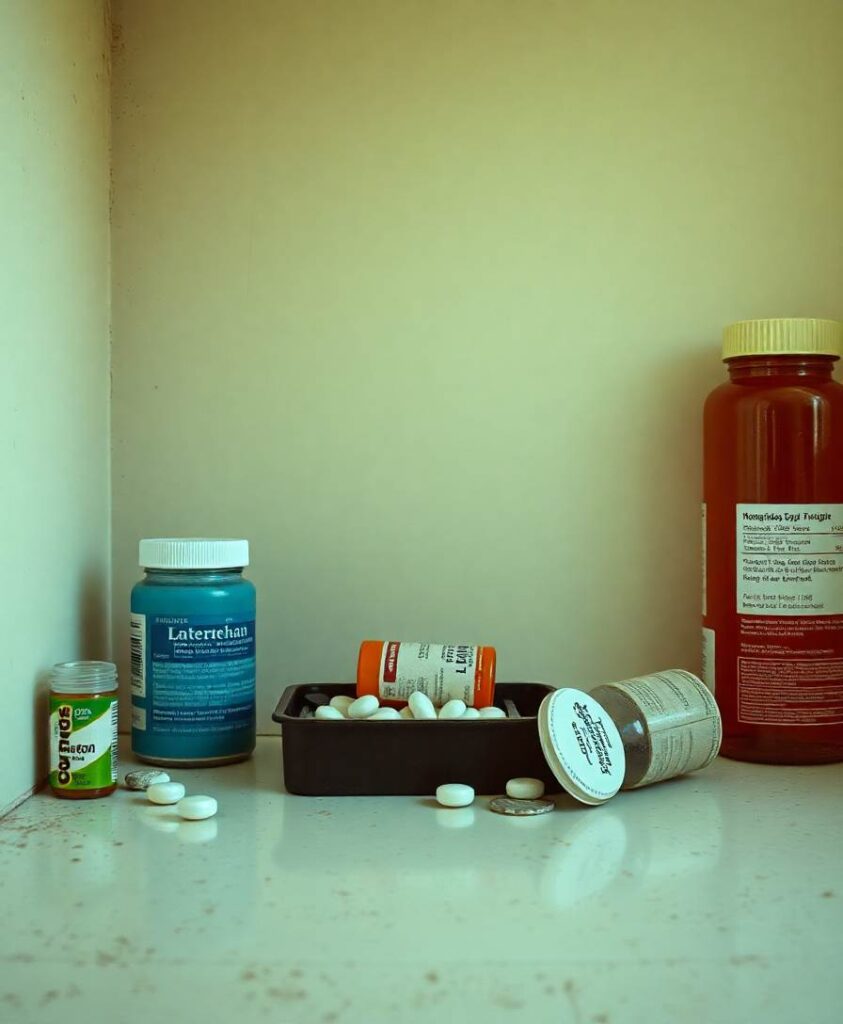Are we truly understanding the risks of gain-of-function research?
In the quiet moments of reflection, many of us wonder about the unseen forces shaping our health and safety. When we hear about efforts to curb certain types of biological research, especially those labeled as “gain-of-function,” it often feels like a battle between progress and caution. But what if we’ve been missing a deeper layer of complexity, a story that challenges our assumptions about how science intersects with global health crises?
The recent move by President Donald Trump to impose new restrictions on what’s known as gain-of-function research stirs a familiar debate. This type of research involves manipulating viruses to better understand their potential to cause pandemics. The administration argues that such experiments might have been the origin of the Covid-19 pandemic, framing them as unsafe and reckless. Yet, as we listen more closely, questions emerge about the narrative we’ve been told and the nuances that might be overlooked.
Many people instinctively see scientific innovation as a straightforward path to solutions—new vaccines, better understanding of viruses, and more effective treatments. It’s easy to assume that reducing risky experiments means simply “playing it safe,” but this perspective can oversimplify the intricate web of scientific progress and its unintended consequences. Is it possible that the very efforts to prevent future pandemics are intertwined with the complex realities of research, politics, and global health?
The idea of halting funding for certain biological experiments in specific countries raises questions about how we define risk and responsibility. What if the focus on gain-of-function research as the sole villain diverts attention from other factors—such as global health infrastructure, transparency, or the political motivations behind these decisions? Are we, perhaps, framing the problem in a way that limits our understanding of the broader ecosystem that influences pandemic emergence?

This discussion invites us to consider whether the narrative around gain-of-function research is as clear-cut as it appears. When we see policies that seem to blame science for crises, it’s worth asking: are we addressing the root causes, or are we simplifying a complex web of factors that include geopolitical tensions, scientific uncertainties, and human nature itself?
There’s a delicate balance between advancing scientific knowledge and safeguarding global health. The challenge is recognizing that neither approach is free from risk, and that our policies must reflect this nuance. By questioning the assumptions that underpin our current understanding, we open space for more thoughtful, informed debates—where science is guided not just by fear, but by a deeper awareness of interconnected risks and responsibilities.
In the end, the story of gain-of-function research and its role in pandemics isn’t just about lab experiments or political decisions. It’s a mirror reflecting our collective need to understand complexity, to question simplified narratives, and to acknowledge that true safety often lies in embracing uncertainty. As we navigate these difficult waters, it’s essential to remember that the path forward must be shaped by curiosity, humility, and a willingness to see beyond the headlines.
Learn More: Trump Orders Curb on Virus Research He Blames for Pandemic
Abstract: President Donald Trump on Monday ordered new limitations on a form of biological research his administration says caused the Covid-19 pandemic through a lab leak in China. The United States will halt funding in certain countries for so-called “gain-of-function” experiments…
Link: Read Full Article (External Site)

